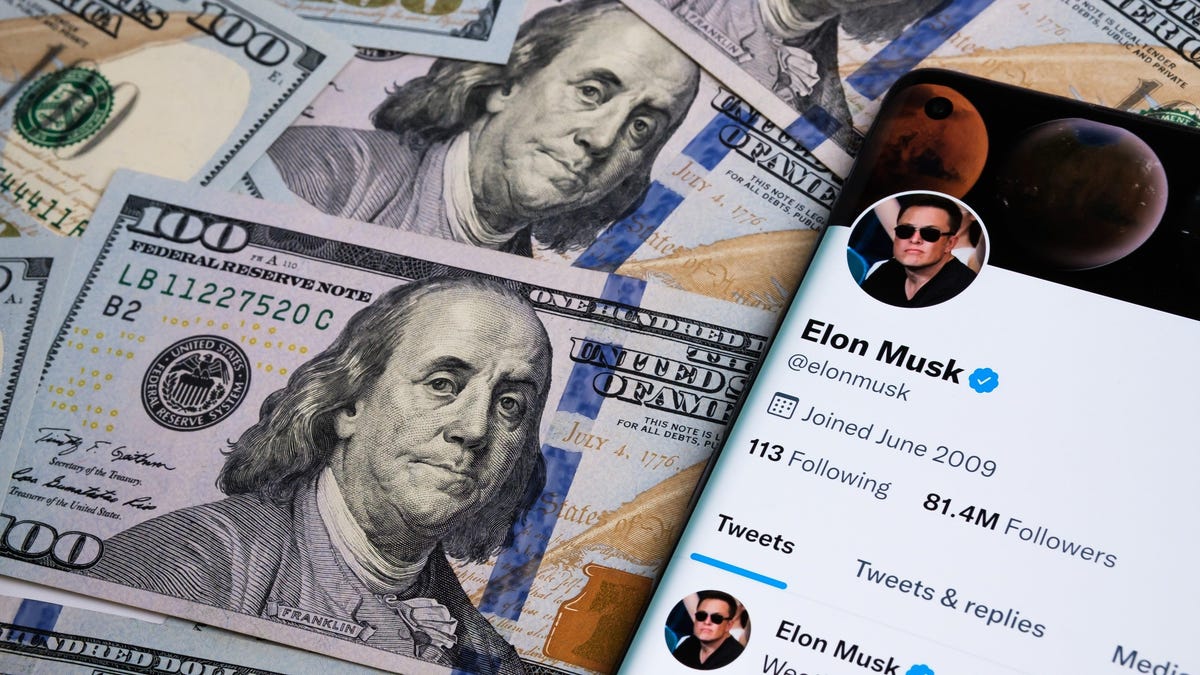
Advertisement
Coughing up $8 a month would guarantee you a better spot in Twitter’s algorithm, with “priority” in replies, mentions, and search results. Verified users can also share longer video and audio posts and would see “half as many ads.”
Musk said this was meant to help deal with bots and “spam/scam.” Earlier on Tuesday, Musk tweeted a response to prolific horror writer Stephen King, where the author complained about the proposed $20-a-month price tag saying “Fuck that, they should pay me. If that gets instituted, I’m gone like Enron.” Musk responded “We need to pay the bills somehow!” and proposed $8. King did not respond to Musk, but the billionaire posted that making people pay for verification was “the only way to defeat the bots [and] trolls.”
G/O Media may get a commission
Advertisement
In addition, Twitter’s new owner claimed this new revenue would be used to “reward content creators.” This is an interesting proposition considering that if at least a quarter of current verified users started paying Twitter $20 for their blue checkmark, the company would only make about $24 million. Twitter already has a few systems to let content creators make money, including through Ticketed Spaces and Super Follows. Price points for Super Follows monthly subscriptions go up to $9.99. Creators already earn 97% of that revenue under $50,000 and 20% above that price.
Super Follows were not generating much revenue when they first came out, according to reports at the time. Twitter did not immediately respond to a request for comment on how much its made since the program was created, but that makes sense since on Tuesday, Sarah Personette, Twitter’s former Chief Customer Officer, announced she resigned from her position last Friday after Musk’s takeover.
Advertisement
Musk has also mentioned his intent to bring back the short-form video platform Vine, which could be another avenue for generating content creator revenue.
But making people pay for verification would transform the system into something far from its original intent. A verification sticker is meant to limit disinformation and restrict people from impersonating public figures, whether they’re politicians, celebrities, or journalists. As renowned Zimbabwean journalist Hopewell Chin’ono pointed out, verification has been a tool used against some repressive regimes.
Advertisement
After his tweets caught fire, he later added that “There will be a secondary tag below the name for someone who is a public figure, which is already the case for politicians.”
Advertisement
Musk is well-known for making public declarations and business decisions via Twitter, but ever since he’s cemented control of the blue bird app his usual brain farts have turned into him blowing up his favorite social platform. On Tuesday #AMessageToElonMusk was trending on Twitter, with many users miffed over his recent actions such as platforming a conspiracy theory about the recent attack against Paul Pelosi, husband of Speaker of the House Nancy Pelosi.